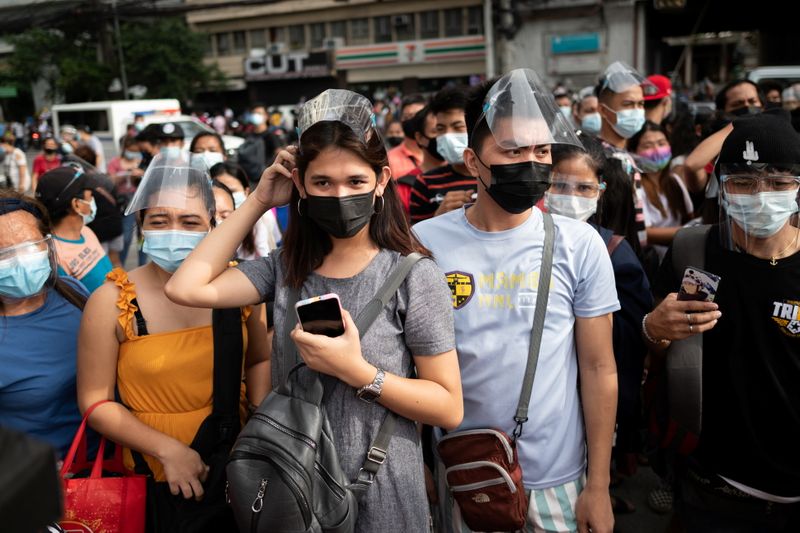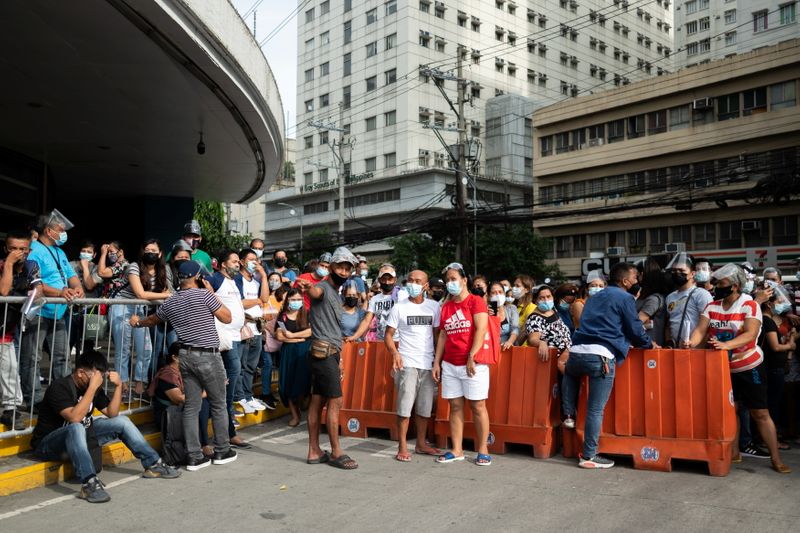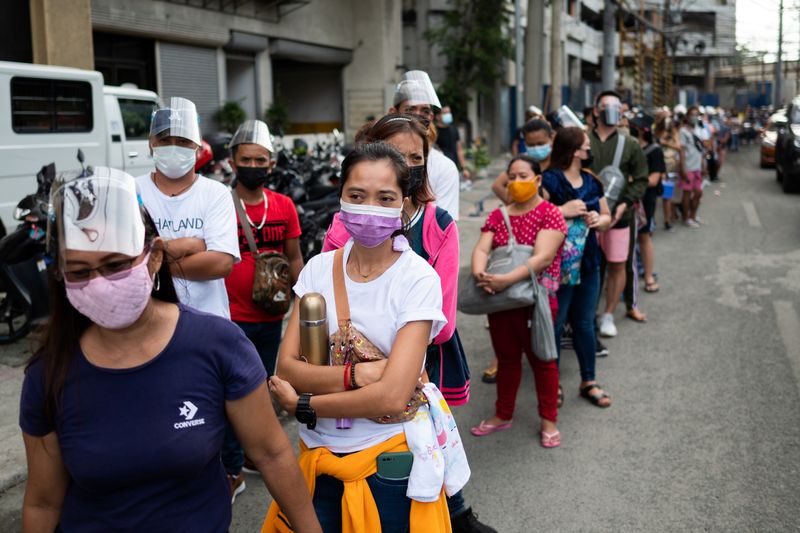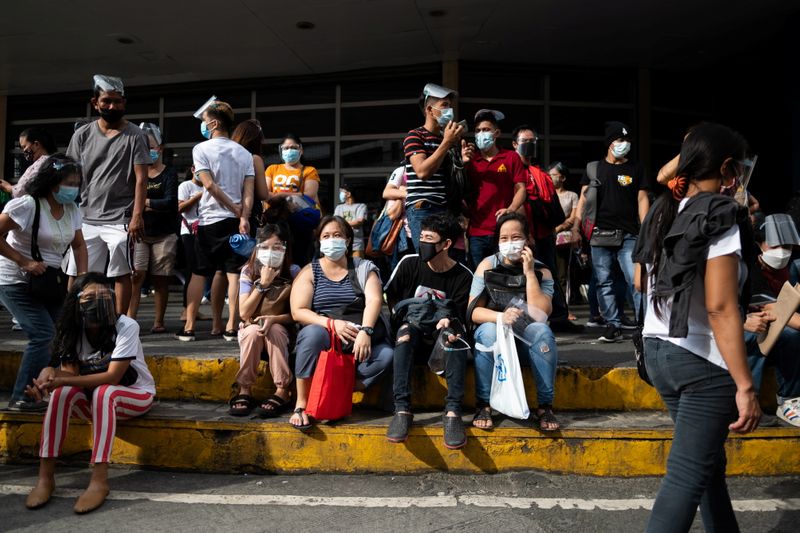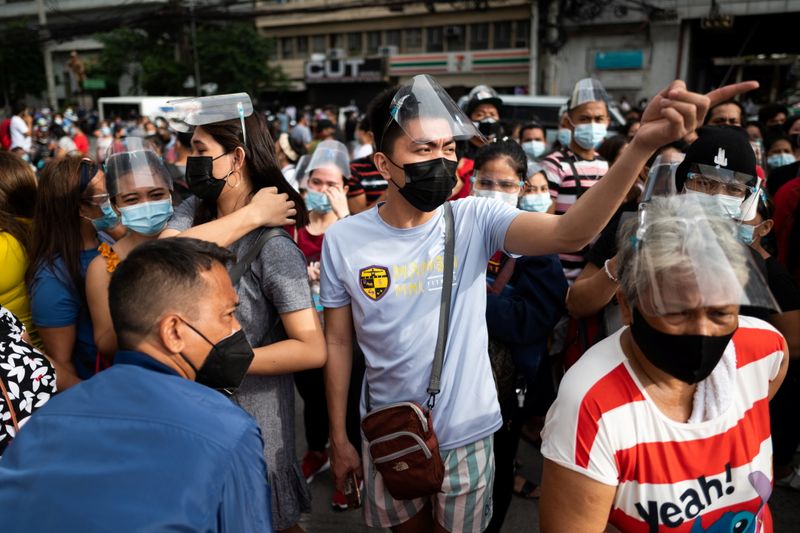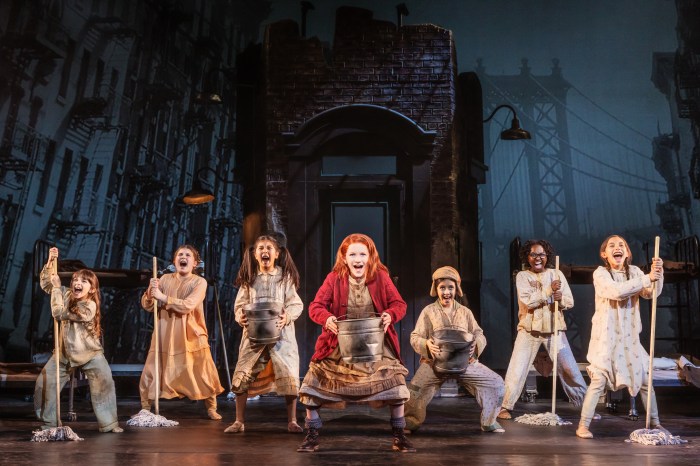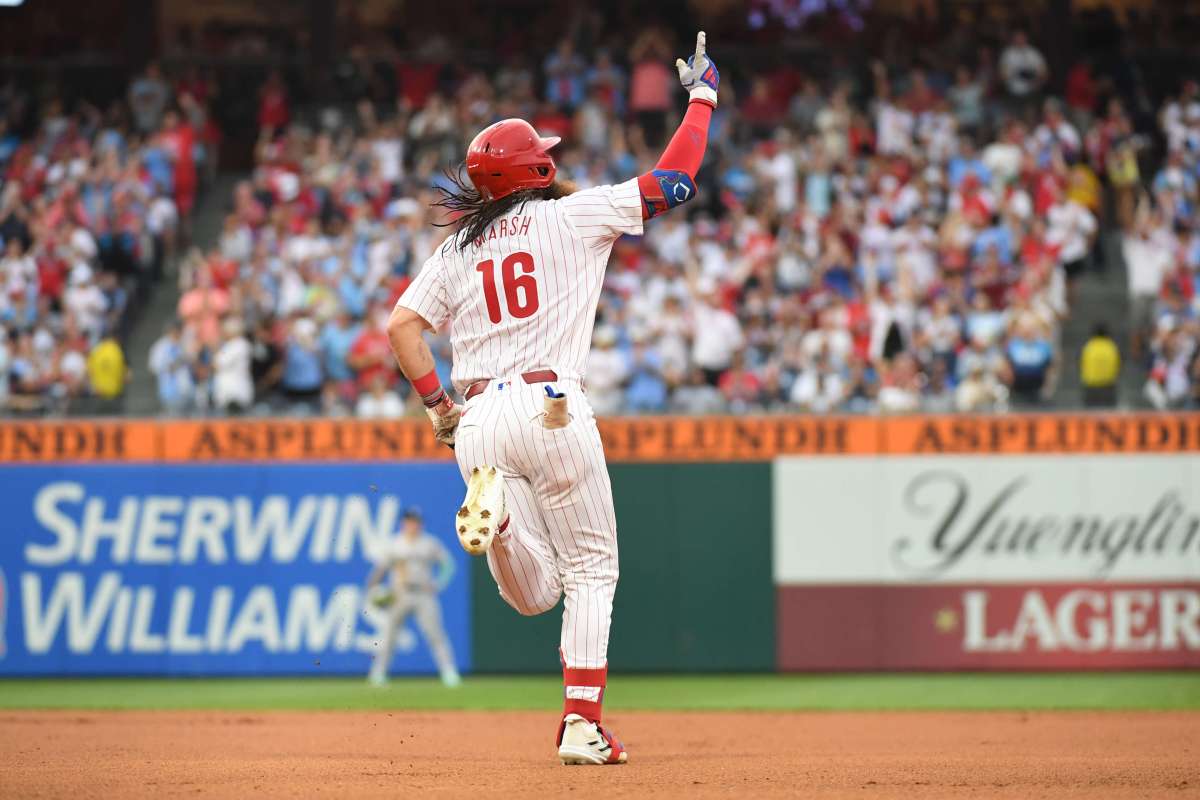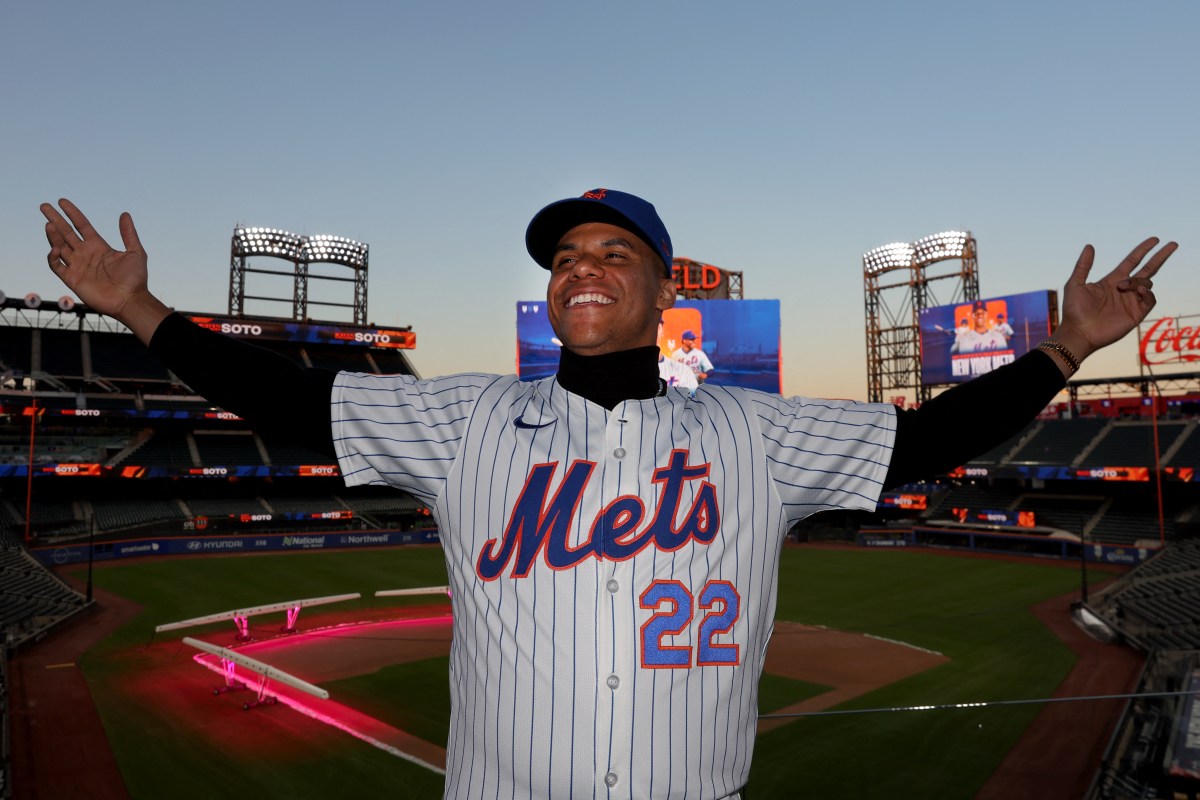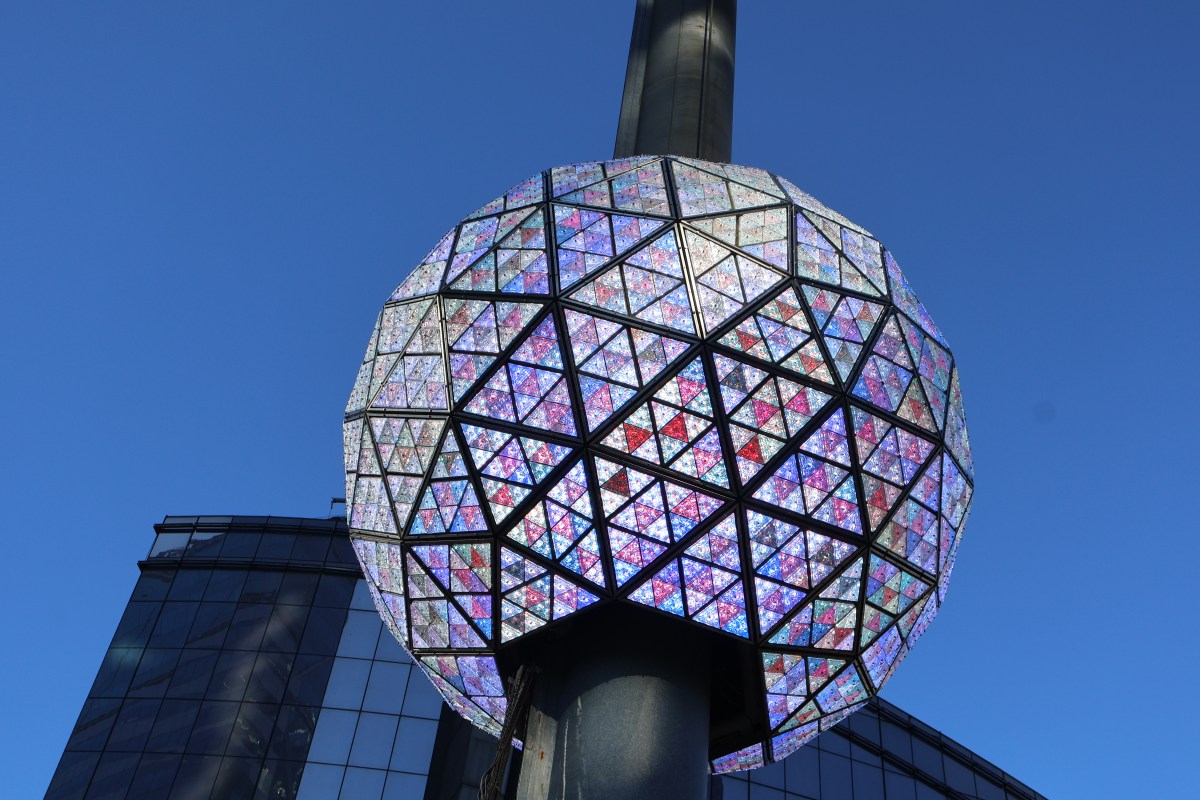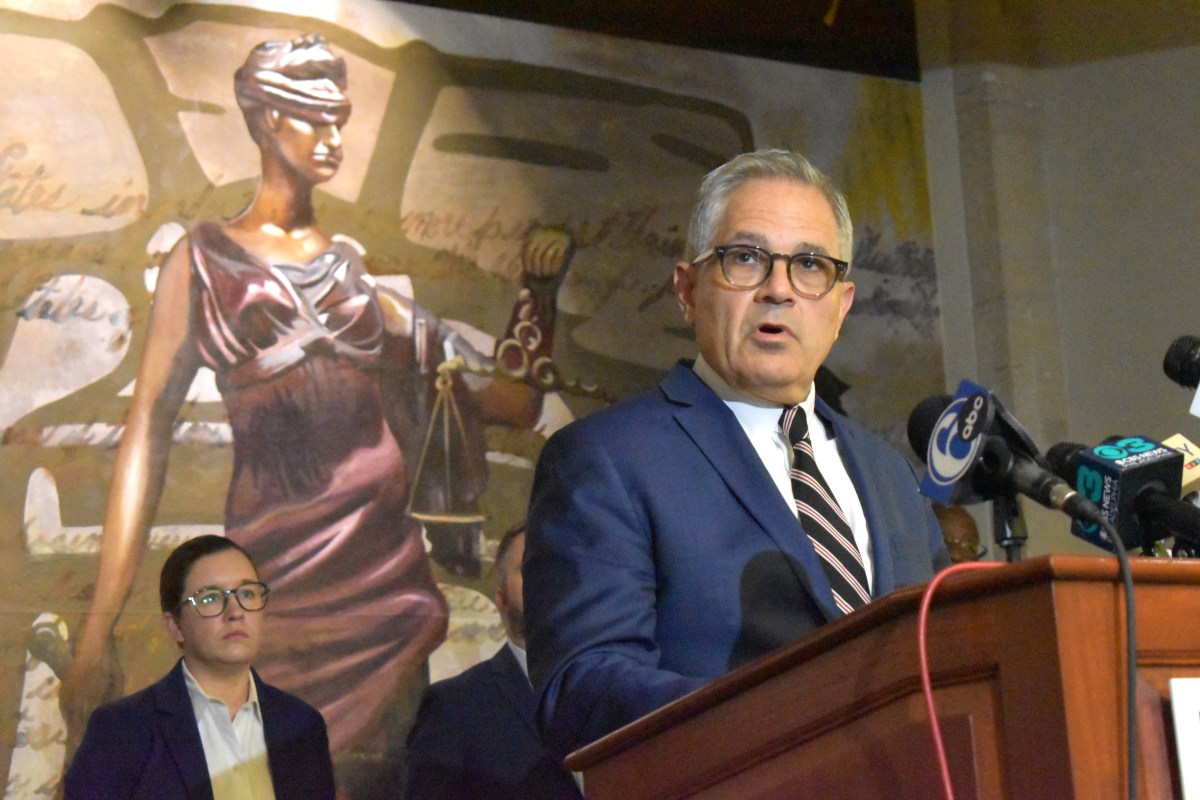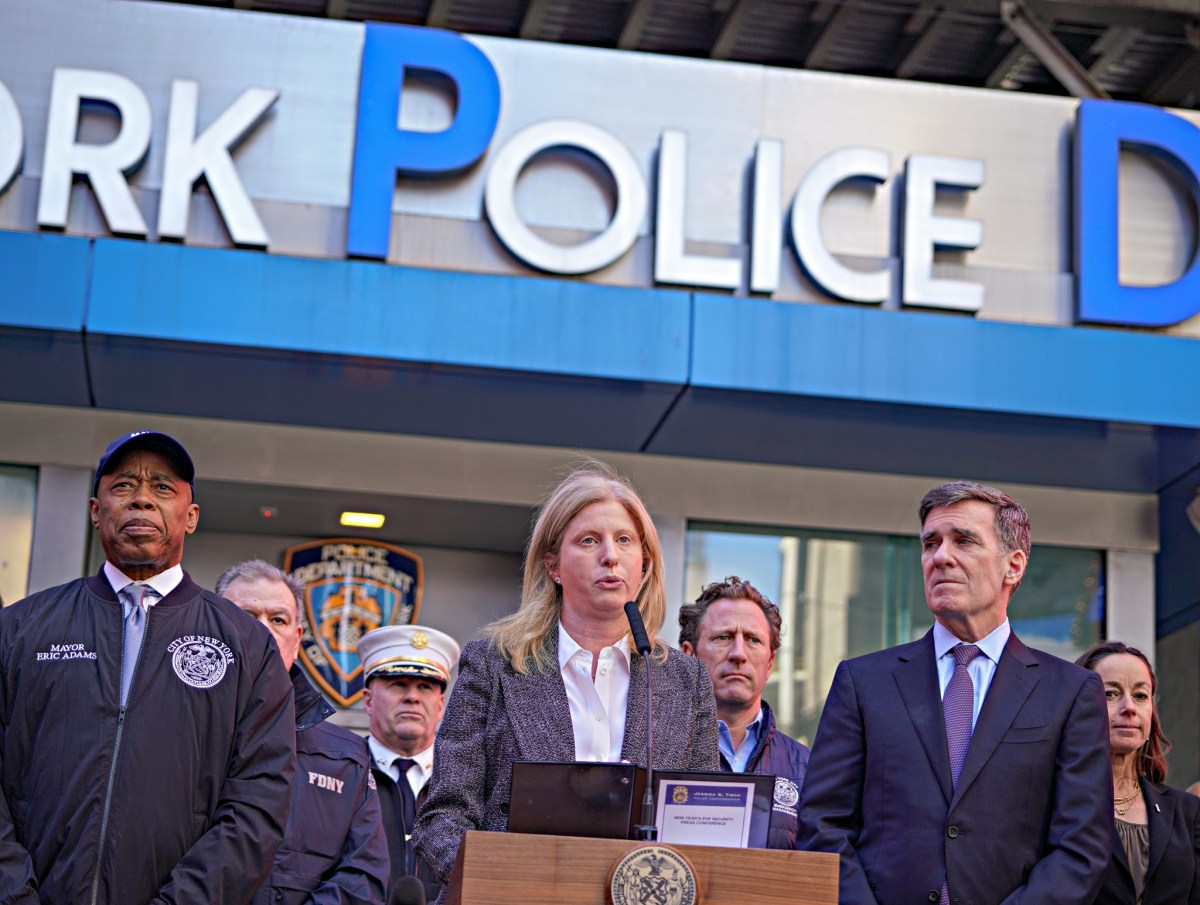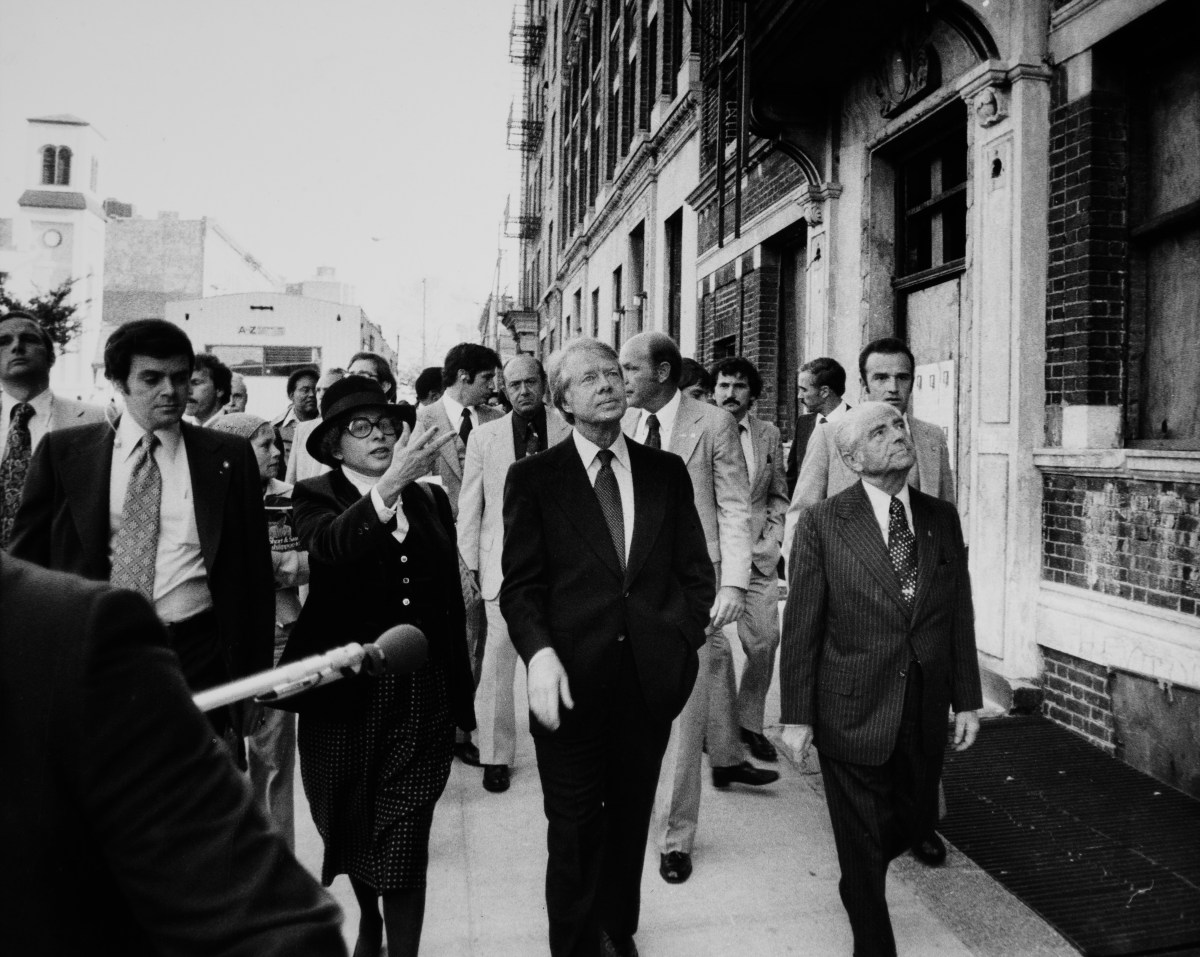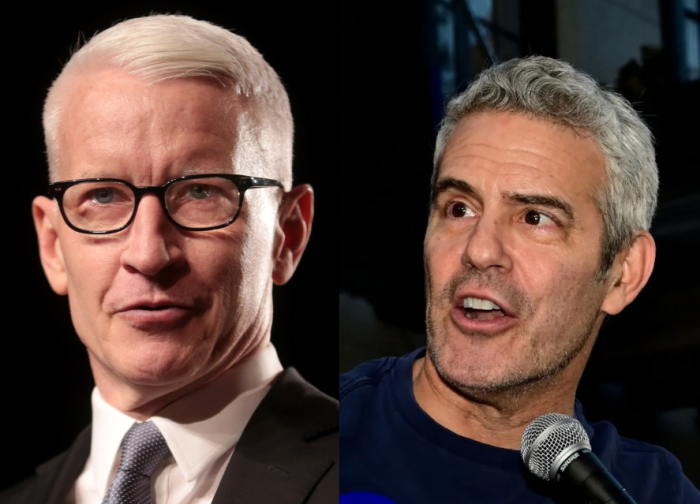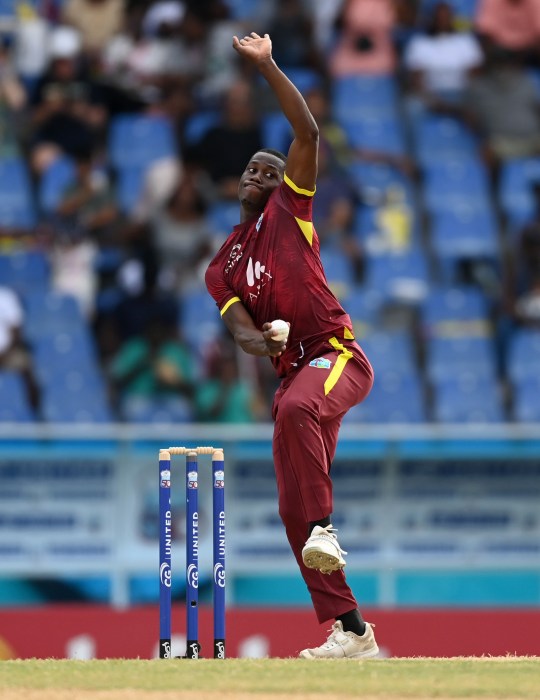MANILA (Reuters) -Chaos overtook several COVID-19 vaccination sites in Manila on Thursday as thousands showed up hoping to receive a shot before the Philippines capital heads back into lockdown for two weeks.
Movement restrictions will be reimposed across greater Manila, an urban sprawl of 16 cities that is home to 13 million people, from midnight on Thursday to try slow the spread of the highly infectious Delta variant.
The nearby province of Laguna, and the cities of Iloilo and Cagayan de Oro in the central and southern Philippines, respectively, will also be placed on lockdown, presidential spokesperson Harry Roque said in a statement, as health facilities are overwhelmed.
Maricel Bacay, a 59-year-old homemaker, was queueing outside a mall in Antipolo city in Rizal, one of those neighbouring provinces, at 3 a.m. to try beat anticipated crowds.
“There was news that you can’t get inside the malls or supermarket if you’re not vaccinated,” Bacay told Reuters.
Photos on social media showed people jostling each other to be the first in line at vaccination centres, prompting police intervention to enforce social distancing rules.
Ofelia Gonzales, 36, a Manila food vendor, missed the cut-off for a vaccine despite queuing since Wednesday night.
“If they keep extending the lockdown, who will provide meals if we can’t get out,” she said.
With around 1.6 million COVID-19 cases and more than 28,000 deaths, the Philippines has the second-worst coronavirus outbreak in Southeast Asia after Indonesia.
Just 10.3 million people, or 9.3% of the Philippines’ 110 million population, have been fully vaccinated. The government target is to immunise up to 70 million people this year.
Philippines President Rodrigo Duterte has threatened to arrest people who do not get a vaccine. Last month, he ordered village chiefs to prevent those in their communities who refuse to be vaccinated from leaving home.
Roque said authorised people, including those buying essential goods, travelling for medical reasons and frontline workers, would be allowed unrestricted movement under the lockdown, even if unvaccinated.
“Let us not make vaccination a superspreader,” Roque told a media briefing. “It should save lives, not endanger lives.”
(Reporting by Lisa Marie David, Jay Ereno and Neil Jerome Morales, writing by Karen Lema; editing by James Pearson, Jane Wardell and Kevin Liffey)

